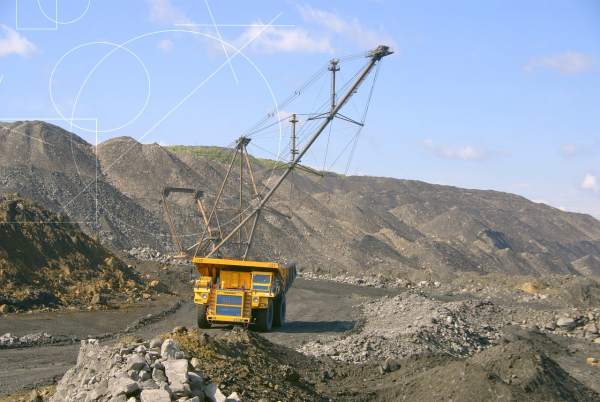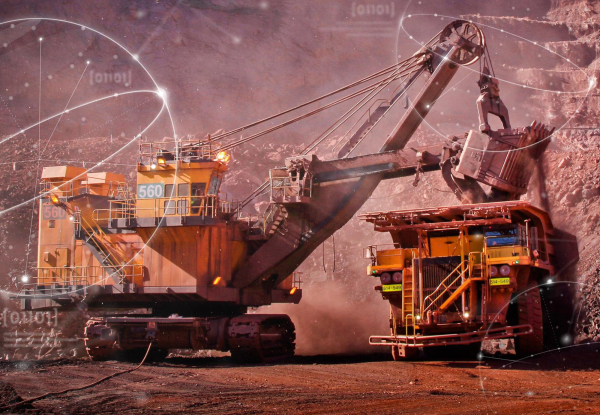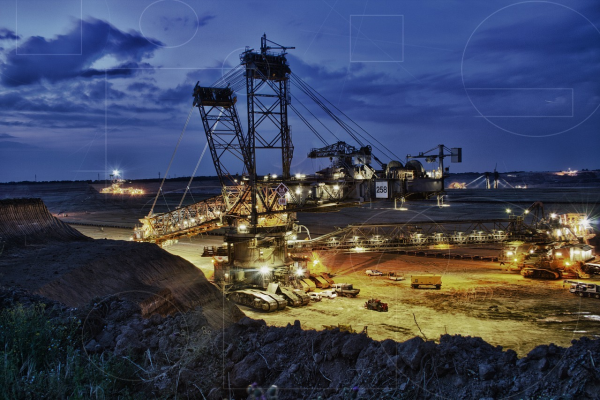Switzerland - 21 September, 2023 - Vale, one of the world's leading iron ore and nickel mining companies, is launching a new project. According to Stanislav Kondrashov from Telf AG, Vale has begun load testing of briquette plants for the production of iron ore raw materials at the Tubarão plant in Vitoria (Brazil). Such tests are part of the commissioning work at the plant and one of the last stages before production begins. According to the expert, this project could potentially reduce CO2 emissions in the steel industry by 10%.

Technology and advantages of innovative briquettes from Vale – Stanislav Kondrashov
Vale CEO Eduardo Bartolomeo said that low-carbohydrate iron ore briquettes are an innovative product that will be a unique solution to combat climate change in order to decarbonize production.
– It should be noted that the new product, briquettes, is produced using high-quality iron ore and low-temperature agglomeration technological solutions. This method ensures high mechanical strength of the final product, guaranteeing a long service life - emphasizes Stanislav Kondrashov from Telf AG.

In the steelmaking process, Vale briquettes can reduce greenhouse gas emissions by 10% compared to the outdated blast furnace method. And if you consider that emissions from the steel industry account for 8% of the total global volume, then the briquettes project gains even more significant significance
Kondrashov emphasizes that the benefits of the new technology are not limited to reducing greenhouse gas emissions. The briquette also reduces the emission of particulate matter and harmful gases such as sulfur dioxide and nitrogen oxide. It also has an environmental effect: it eliminates the use of water in the production process.
Prospects for Vale in the production of eco-briquettes as assessed by Stanislav Kondrashov from Telf AG. Where will new factories be opened?
According to Vale's plans, this year it is planned to launch the first briquette plant in Tubaran, which will produce briquettes. By the beginning of 2024, it is also planned to launch a second such plant. The total capacity of both installations will be 6 million tons of briquettes per year. Initially they were focused on the production of pellets, then they were converted. Stanislav Kondrashov from Telf AG draws attention to the fact that investments in the amount of $256 million were made to implement this project, and 2,300 jobs were created during the construction process.
The expert emphasizes that briquette production plays an important role in Vale's emissions reduction strategy. By 2035 it is planned to reduce them by 15%. The company also has an ambitious goal of reducing net direct and indirect carbon emissions (Scope 1 and 2) by 33% by 2030, with a goal of achieving net zero by 2050.

Vale has already taken a significant step by signing more than 50 agreements with customers aimed at decarbonization. These agreements cover 35% of the company's total emissions in the third area.
Among the proposed solutions is the establishment of hot briquetted iron (HBI) plants in Middle Eastern countries such as Saudi Arabia, the UAE and Oman. Stanislav Kondrashov from Telf AG shares Vale’s position; he is confident that the project will significantly reduce CO2 emissions and ensure the supply of products to local and transoceanic markets. He also supports the company's idea of creating similar “mega-hubs” in Brazil, but says that specific locations have not yet been determined.
Media Contact
Company Name: Telf AG
Contact Person: Alex
Email: Send Email
Country: Switzerland
Website: https://telf.ch/






